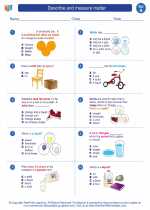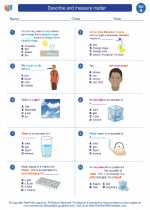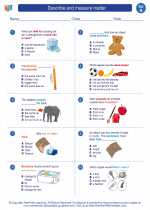Fluoroquinolones
Fluoroquinolones are a class of antibiotics that are used to treat a variety of bacterial infections. They are often prescribed to treat respiratory, urinary, and gastrointestinal infections, among others. Fluoroquinolones work by inhibiting the activity of enzymes that are essential for the replication and repair of bacterial DNA, ultimately leading to the death of the bacteria.
Mechanism of Action
Fluoroquinolones act by inhibiting bacterial DNA gyrase and topoisomerase IV, which are enzymes involved in the replication and repair of bacterial DNA. By inhibiting these enzymes, fluoroquinolones prevent the bacteria from replicating and repairing their DNA, ultimately leading to bacterial cell death.
Common Fluoroquinolones
- Ciprofloxacin
- Levofloxacin
- Moxifloxacin
- Ofloxacin
Uses
Fluoroquinolones are commonly used to treat:
- Respiratory infections
- Urinary tract infections
- Gastrointestinal infections
- Skin and soft tissue infections
- Sinus infections
Side Effects
Common side effects of fluoroquinolones include:
- Nausea and vomiting
- Diarrhea
- Dizziness
- Headache
- Photosensitivity
- Tendon rupture (rare but serious)
Precautions
It's important to note that fluoroquinolones can have serious side effects and should be used with caution. They should be avoided in children, adolescents, and pregnant women due to the risk of musculoskeletal and central nervous system adverse effects. Additionally, fluoroquinolones should be used with caution in elderly patients and those with a history of tendon disorders.
Study Guide
Here are some key points to remember about fluoroquinolones:
- Fluoroquinolones inhibit bacterial DNA gyrase and topoisomerase IV.
- Common fluoroquinolones include ciprofloxacin, levofloxacin, moxifloxacin, and ofloxacin.
- They are used to treat respiratory, urinary, gastrointestinal, and skin infections.
- Common side effects include nausea, vomiting, diarrhea, dizziness, headache, and photosensitivity.
- Precautions should be taken when using fluoroquinolones in certain populations, such as children, adolescents, pregnant women, and the elderly.
◂Science Worksheets and Study Guides First Grade. Describe and measure matter

 Worksheet/Answer key
Worksheet/Answer key
 Worksheet/Answer key
Worksheet/Answer key
 Worksheet/Answer key
Worksheet/Answer key
 Vocabulary/Answer key
Vocabulary/Answer key
 Vocabulary/Answer key
Vocabulary/Answer key
